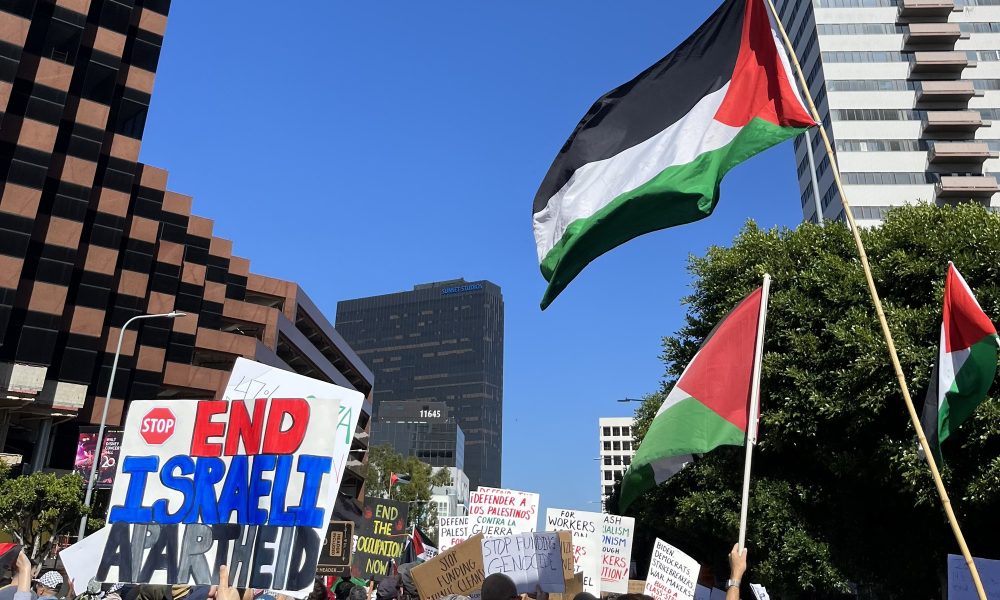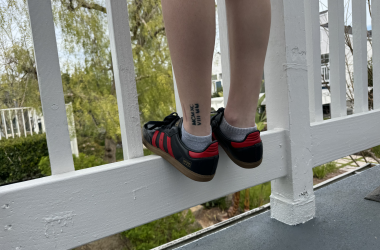Palestinian women in the Gaza have resorted to taking period-delaying pills as they continue to face unlivable conditions. These conditions include lack of access to water, menstrual hygiene products and overcrowded living conditions with little to no privacy.
Independent journalist Bisan Owda from Gaza shared the horrors on an Instagram reel, documenting women urgently requesting pads stating, “[…] but there are none.”
Pharmacies are lacking sanitary pads, putting women and adolescent girls at risk of reproductive and urinary tract infections, according to the United Nations.
Wafa Abu-Hasheish, a healthcare worker in Gaza, said the situation is causing psychological and physical problems to the population as they’re being internally displaced.
“The shelter is suffering from a shortage of water and lack of medical care,” said Hasheish. “Women are reporting menstrual disturbance and those using contraceptive pills are sharing their supplies with others.”
According to Al-Jazeera, women are also reporting irregular bleeding and heavy bleeding along with being in a, “[…] constant state of fear, discomfort and depression.”
With more than 1.4 million people being internally displaced, Gazans continue to live in cramped and unhygienic conditions.
“We’re suffering from being hungry, from being thirsty, from being bombed. We’re suffering from being displaced,” said Owda on Instagram. “Now we’re suffering also because there’s no pads. It’s just a new suffering.”
Juamana Shahin, a women’s rights activist in Gaza, says as the scale of the humanitarian crisis continues to increase, women’s needs are being neglected.
“This situation is not simple. We’re talking about a woman’s needs,” she told NPR. “This situation does not have a solution. The situation is harder than you can imagine.”
Advocating for access to menstrual products for individuals in Gaza is not only a matter of basic human dignity, but it also demonstrates solidarity in recognizing how health and hygiene should be promoted for everyone who menstruates – regardless of who they are.
“They are using parts of the tents of fibers to use it as pads,” said Riham Jafari, the coordinator of advocacy at ActionAid Palestine. “Opening safe routes and humanitarian borders will ensure the delivery of products to the women.”
It is so painful to have to see women go through this and still see people take the side of the oppressor. As someone who’s part of a minority ethnic group at CSULB, it feels sickening to know that some professors and students on campus don’t speak up for women’s rights where it truly matters.
No one deserves to have the fear of their career being put at risk simply for being against the ethnic cleansing happening in Gaza. You do not have to be Muslim or Palestinian to stand up for women in Gaza, you just have to be human.
Palestinian advocates encourage calling local representatives to call for a ceasefire, attend daily protests and generally spread awareness on social media. Silence only gives power to the oppressor in times of tragedy.




